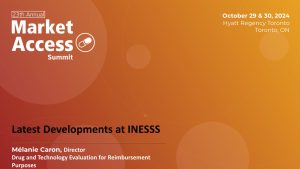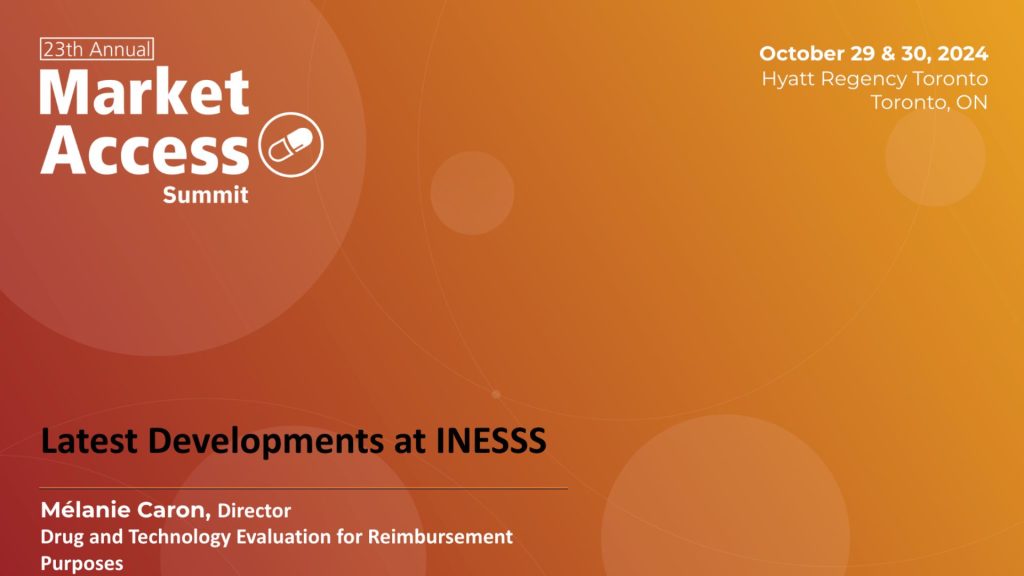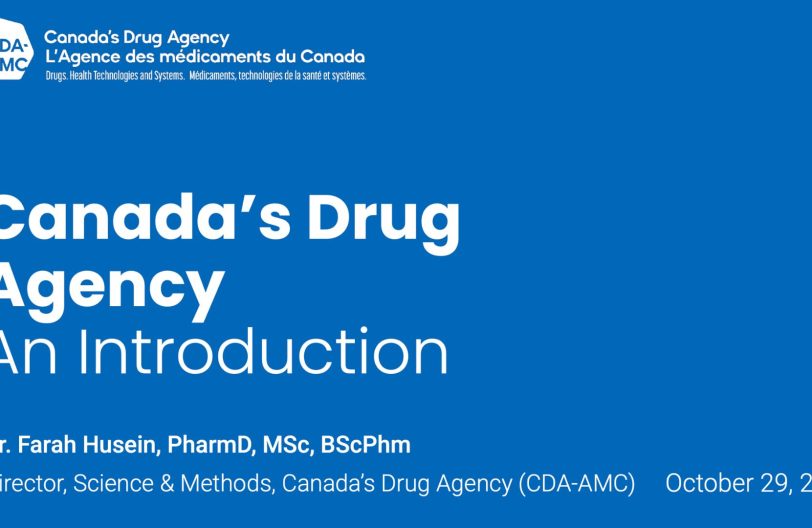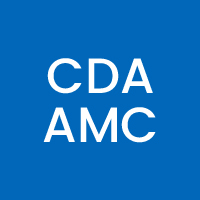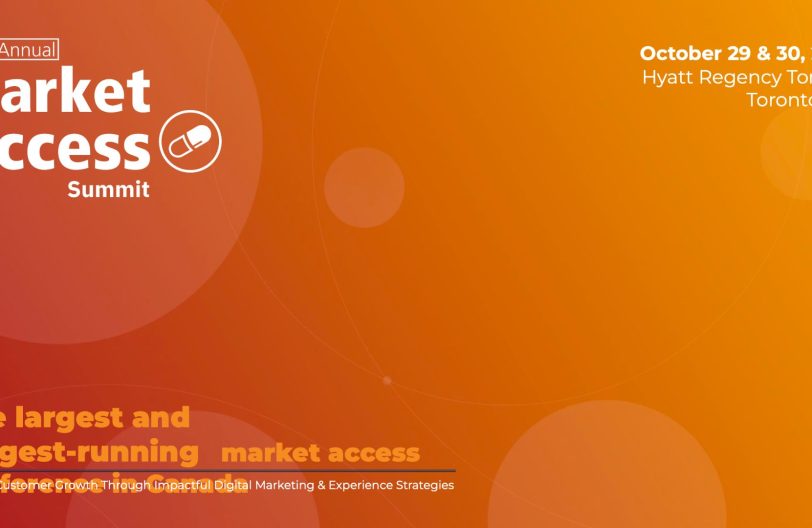Latest Developments at INESSS
At the 2024 Market Access Canada Summit, Mélanie Caron outlined major updates from INESSS, highlighting legislative changes, process improvements, and strategic priorities shaping Quebec’s drug evaluation and reimbursement landscape.
Key Highlights:
Bill 15 (2023): Limits hospital use to drugs with a federal Notice of Compliance for INESSS-recognized indications; mandates sharing pharmacology decisions with INESSS.
Strategic Plan 2024–2028: Focus on cost control, environmental impact, interprofessional collaboration, equity, and workforce satisfaction.
Updated Submission Guidelines (June 2024): Revised requirements and tools for drugs, blood products, related devices, and non-pharma innovations.
Streamlined Evaluation Process:
Dual-track timelines (180/120/90 days)
Weekly activation, mandatory advance notice
Expedited review for biosimilars and generics
Collaboration with Health Canada and ORBIS-aligned projects
Conditional Listings & Real-World Evidence:
Promise of therapeutic value may require post-listing data
NOC-c drugs may face re-evaluation obligations
New Fees & Evaluation Lines (Under Consultation):
Includes off-label and expired-patent drugs
Framework revisions aim to improve clarity and predictability
INESSS vs CDA-AMC:
Single committee model
Broader review scope
Negotiations led by INESSS or the Ministry, not just pCPA
Outlook:
INESSS is adapting to budget constraints, rising drug costs, and global policy shifts, while prioritizing transparency, collaboration, and sustainable access.
These slides are from the 2024 Market Access Summit session presented by: Mélanie Caron, Director, Drug and Technology Evaluation for Reimbursement Purposes.
